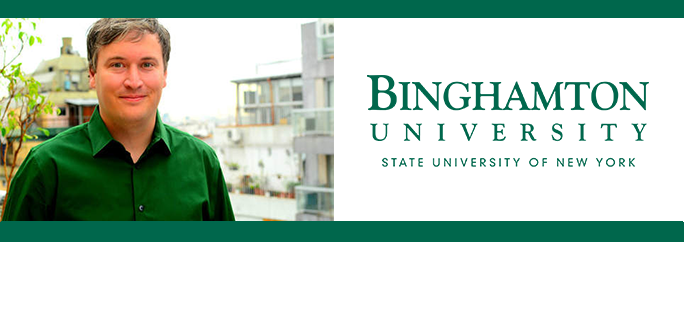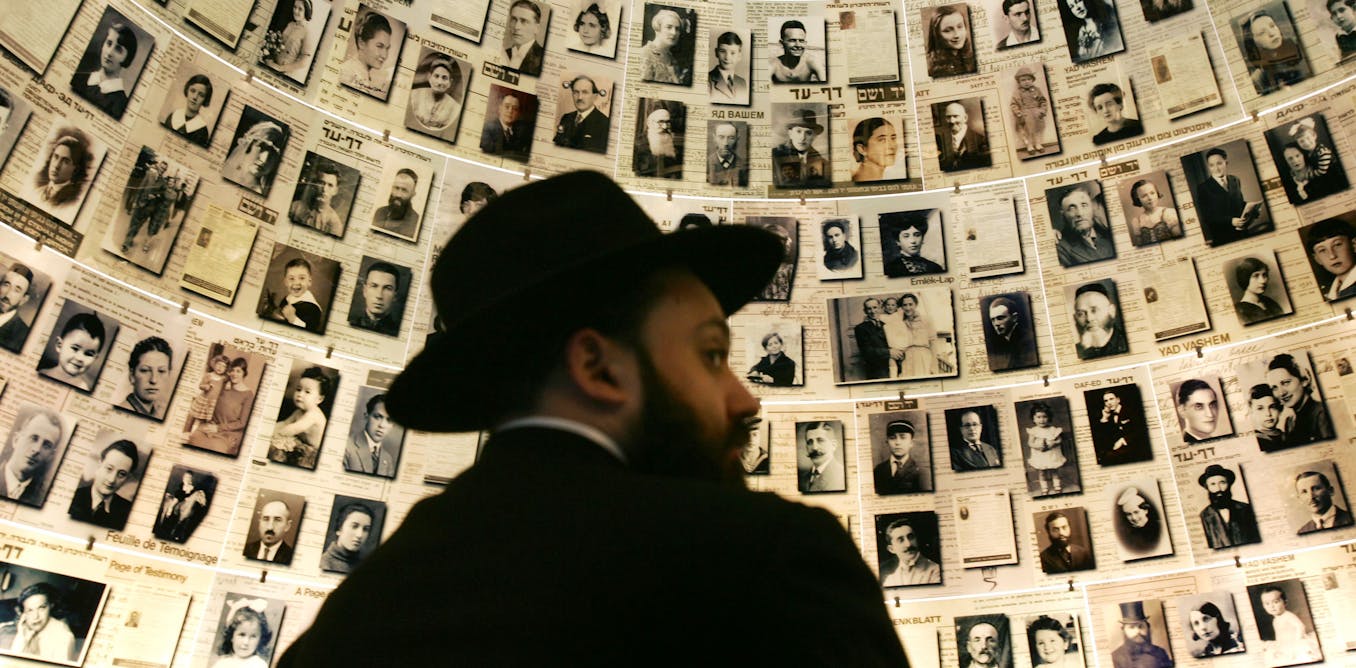Kerry Whigham | Source | Co-Director of Institute for Genocide and Mass Atrocity Prevention at Bingham...
Kerry Whigham
Whigham’s research interests include how post-atrocity societies remember and engage with the past, how it impacts the present and the future; and the creation and curation of public memory sites, as well as grassroots, civil society activism, both as a means for shaping public memory and transforming post-conflict societies.
He has published several articles regarding genocide studies and prevention.
He is the communications officer and a member of the executive board for the International Association of Genocide Scholars (IAGS). In addition to his academic work, he is the Director of Research and Online Education at the Auschwitz Institute for the Prevention of Genocide and Mass Atrocities, an international non-governmental organization that works with over 90 countries around the world on creating public policy for the protection of vulnerable groups and the prevention of mass atrocities.
Learn more about Whigham and his research on YouTube: https://www.youtube.com/watch?v=YPmpW-53q7o
-
Reparations to Black Americans for slavery have been gaining traction in recent years. Kerry Whigham, co-director of the Institute for Genocide and Mass Atrocity Prevention at Binghamton University, State University of New York, believes that reparations are always about more than money.
When reparations measures aren’t met with initiatives responding to the structural causes of violence, they can be perceived as “blood money,” as victims believe accepting the payment means giving up their right to justice, says Whigham.
"It may also cause victims to question their own right to redress. But when accompanied by efforts to seek justice and reform the institutions that violated victims’ rights, I argue, reparations can be a starting point for rebuilding trust and community."
The modern history of reparations is only a few decades old, but it already demonstrates that reparations are always about more than the money, says Whigham.
"If the process includes compensation, but ignores complementarity and consultation, the effort may fail to truly answer for the past. But when all three principles are central, reparations can mean far more than money in someone’s pocket. They can contribute to repairing the social fabric that has been torn apart by mass violence."
-
Genocide is a process, not an event
Polish Jewish lawyer Raphael Lemkin first coined the term genocide in 1944. Specifically, the Genocide Convention protects racial, ethnic, religious and national identities.
Although this destruction often happens through mass murder, it can take other forms. It can mean taking children of one group away from their parents and transferring them to another group, for example.
Genocides are not events that happen overnight. They are long-term social and political processes that begin long before mass killing.
For instance, the Nazis did not build death camps immediately when Adolf Hitler was appointed chancellor of Germany in 1933. The Holocaust began with smaller steps, like preventing Jewish people from holding certain jobs, then preventing Jews and non-Jews from marrying each other.
It was not until the late-1930s that the Nazis transitioned to their Final Solution, which called for the destruction of all Jewish people. And the Nazis did not construct the first death camps until 1941. But all these steps over the years constituted what we now call the Holocaust.
-

Kerry Whigham, Binghamton University – Reparations - The Academic Minute
Dealing with the past can be crucial to moving forward. Kerry Whigham, assistant professor of genocide and mass atrocity at Binghamton University, has one example. Kerry Whigham is Assistant Professor of Genocide and Mass Atrocity Prevention at Binghamton University’s Institute for Genocide and Mass Atrocity Prevention (I-GMAP). He received a Ph.D. in Performance Studies from […]
Podcast -

Genocides persist, nearly 70 years after the Holocaust – but there are recognized ways to help prevent them
There isn’t one, clear-cut way to prevent genocide. But there are effective methods of prevention that governments can take.
Article -

Binghamton Faculty Focus - Preventing Future Atrocities By Understanding the Cycles Of Genocide
Assistant Professor Kerry Whigham teaches Genocide and Mass Atrocity Prevention at Binghamton University. His research focuses on the mechanisms behind genocide, and how prevention requires a better understanding of the lingering effects genocide causes throughout history. Whigham has identified these lingering effects as ‘resonant violence’ to describe how the impacts of genocide continue long after physical violence has stopped.
Article
-

Binghamton University, State University of New York
Co-Director of Institute for Genocide and Mass Atrocity Prevention